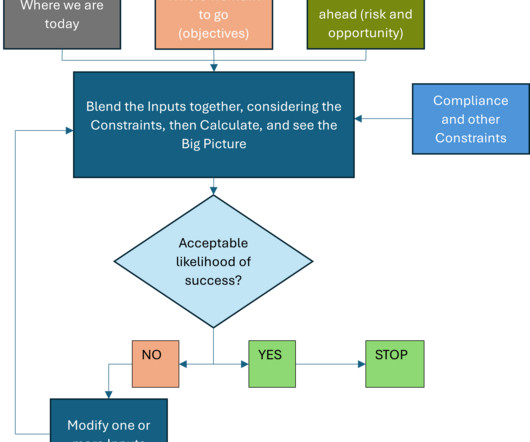The short-termism trap: Catering to informed investors with limited horizons
Harvard Corporate Governance
AUGUST 13, 2024
In our recent study, “The Short-Termism Trap: Catering to Informed Investors with Limited Horizons,” published in the Journal of Financial Economics, we present a model that illustrates how the short-term focus of informed investors can lead firms and the stock market into a destructive cycle of short-termism. more…)














































Let's personalize your content